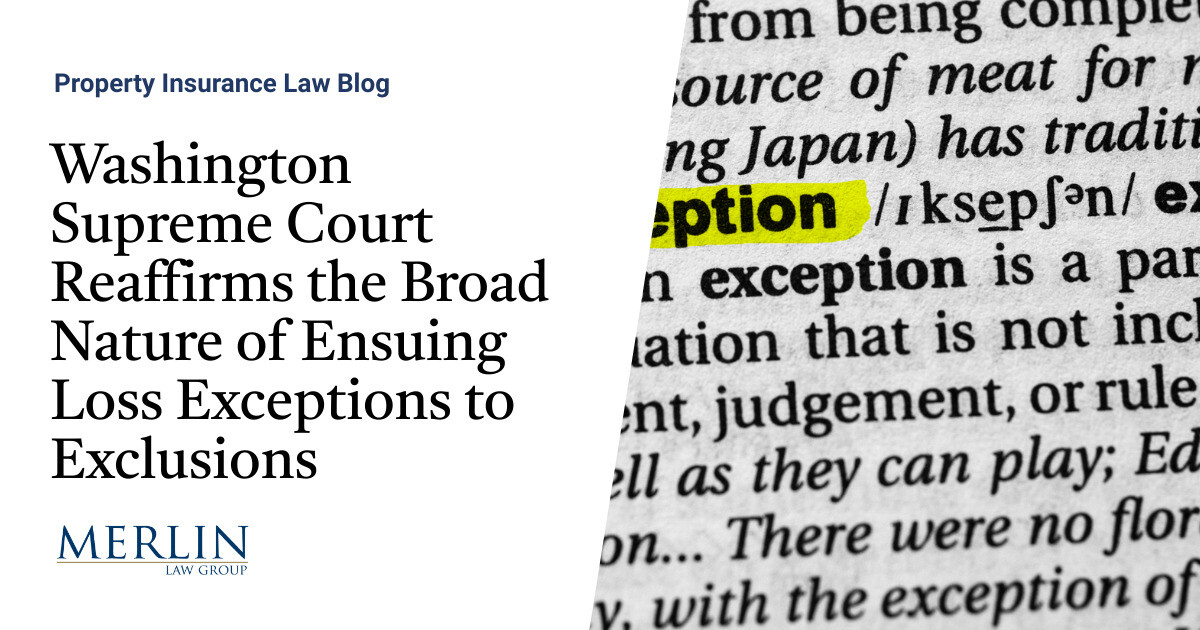 This is a question to the blog clinic from Katie, who is a tenant in England.
This is a question to the blog clinic from Katie, who is a tenant in England.
Renting the same property for 10 + years. No written contract since 2012. No problems, rent is always paid on time.
Landlord is now retired and the daughter has taken over. The daughter has stated that she wishes to issue a new tenancy agreement and that the rent will be increased by £350 pm.
My question: she has given us 24 days’ notice. Is that sufficient?
Answer
Landlords cannot increase rent just by sending a letter or telling you orally. Rent can only be increased by the landlord in the following ways:
1 By agreement
This is normally done by you signing a new tenancy agreement or renewal form. This cannot be challenged once you have signed. But of course, you have a choice whether you sign or not.
If you refuse to agree to the new rent and refuse to sign, then you risk the landlord issuing a Section 21 notice.
However, if you are a good tenant, many landlords will not want all the bother of evicting you through the courts just because you don’t want to pay a higher rent and will be willing to negotiate a rent you can agree to.
Note that rent can also be increased by agreement in other ways, for example, if your landlord requests an increase by letter and you start paying it. This is why you should be wary about paying an increased rent if your landlord has not followed the proper procedure.
By using the statutory notice procedure
This is under section 13 of the Housing Act 1988. It can only be used during a periodic tenancy (which is the case with your tenancy) and can only be used once every 12 months. There is a prescribed form that your landlord must use for this.
If you consider that the rent is above the market rent to the property, you can challenge the rent increase to the First Tier Tribunal. If you don’t do this, and assuming the form is correctly drafted, the new rent will take effect after one month.
Via a rent review clause in your tenancy agreement
This is the only way that rent can be increased dueing a fixed term and will only apply if your tenancy agreement has a valid rent review clause in it.
So this will not apply to your tenancy.
And finally
If your landlord is just telling you to pay a higher rent, without following one of the three procedures above, note that you do not have to pay it. You are perfectly entitled to carry on paying your existing rent.
So the notice given in any letter is not relevant.
If your landlord is proposing a new form of tenancy agreement, then this means that although your rent will go up, you will have the security of a further fixed term in the property (as under a periodic tenancy, you can be given notice at any time).
However, it is always worth speaking to your landlord and trying to negotiate a lower rent figure. Particularly if the rent increase is going to put you in financial difficulties.
You are clearly a good tenant, and I suspect your landlord will be sorry to lose you. This would also put them to the trouble and expense of finding a new tenant who may not be as satisfactory as you!
So see what you can do.

